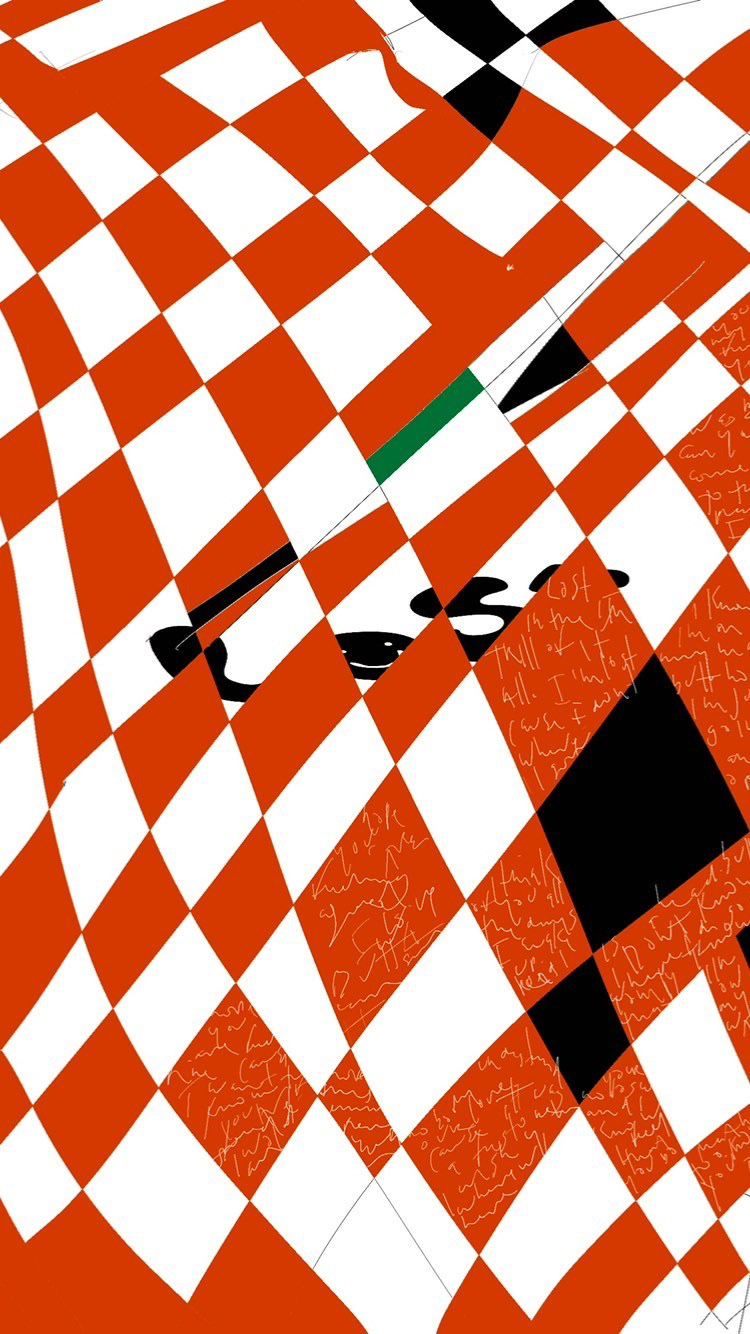
L ☺︎ s t
In order to start talking about what we have lost, it is essential to study this poem below:
“the art of losing isn’t hard to master;
so many things seem filled with the intent
to be lost that their loss is no disaster.
lose something every day.
accept the fluster of lost door keys, the hour badly spent.
the art of losing isn’t hard to master.
then practice losing farther, losing faster:
places, and names, and where it was you meant
to travel. none of these will bring disaster.
I lost my mother’s watch. and look! my last, or
next-to-last, of three loved houses went.
the art of losing isn’t hard to master.
I lost two cities, lovely ones. and, vaster,
some realms I owned, two rivers, a continent.
I miss them, but it wasn’t a disaster.
—Even losing you (the joking voice, a gesture
I love) I shan’t have lied. It’s evident
the art of losing’s not too hard to master
though it may look like (Write it!) like disaster.
x: ELIZABETH BISHOP
What is the loss, but the inevitable feeling of being unable to find one´s way, aimless, lost or simply the absence of not being able to recover an object or a subject.
In this collection we go through invisible places, possible scenarios between the duality between feeling
L☺︎st and found ourselves: Willem De Kooning say I have to change to stay the same.
Is this phrase a provocation to the personal path?
I don’t know, I don’t know, I don’t know where I’m going, I just know I’m on my way.






